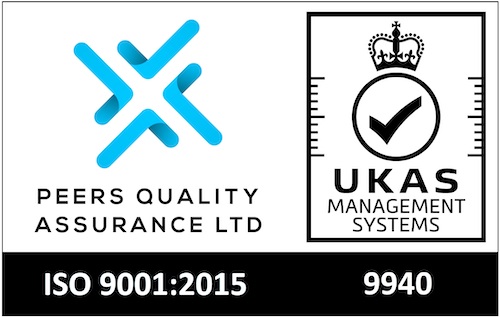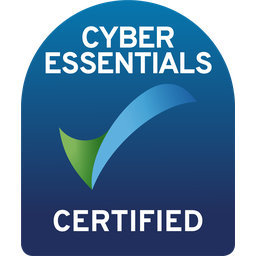Vetting Checks For the Property Sector
Why do Letting Agents need a Right to Rent Check?
Letting agents will only require a personal Right to Rent check for themselves if they are renting a residential property in England. However, letting agents may find themselves responsible for undertaking hundreds of Right to Rent checks on potential tenants if they are acting on written instructions of a landlord for whom they are working.
To have the right to rent in England, you will need to have the right to live in England.
Who Needs a Right to Rent Check?
Right to Rent checks are a legal requirement of all tenancy agreements in England with all tenants and lodgers required to undertake a Right to Rent check before they start a new tenancy agreement. Right to Rent checks work to prevent people with an illegal immigration status from renting residential properties in England.
It’s the responsibility of the landlord to conduct a Right to Rent check – and they can do it quickly and affordably with MyVetting’s online right to rent checks. However, landlords can instruct a letting agency to undertake the checks on their behalf, with agreement in writing.
Introduced under the Immigration Act 2014, landlords and letting agents had been responsible for checking tenants’ paperwork in person, but as approved operators of Home Office IDVT technology, Right to Rent checks can be carried out by MyVetting digitally. It’s faster, more secure and more streamlined.
Right to Rent – The Landlords’ Responsibilities
The landlords or letting agents acting on their behalf must:
- Undertake Right to Rent checks all individuals aged 18 and over that will live in the property as their only or main home
- Request tenants to evidence original documentation that shows they have the legal right to be in the UK
- With MyVetting.com, documents are checked and verified digitally
- Check that the Right to Rent check has been certified as ‘passed’ on the MyVetting.com digital report
- Conduct follow up checks at the correct times
With MyVetting.com, documents are checked and verified digitally. This is because we’re a Home Office pre-approved provider of online Right to Rent checks.
In England, individuals that require a Right to Rent check are:
- All tenants aged 18 or over
- Tenants named on the tenancy agreement or not
- Tenants with or without a tenancy agreement
- Tenants with or without a written tenancy agreement
When to do a Right to Rent Check
Right to Rent checks must be carried out by landlords or letting and estate agents before keys are handed over. In fact, the checks should be run before the tenancy agreement has been signed. Typically, this would have required a face-to-face meeting where documentation was checked and scrutinised, copies made and filed securely.
With MyVetting, estate agents, landlords and letting agents, can simply buy Right to Rent checks online and send check requests digitally, from their Client Dashboard.
Tenants will receive a notification to submit their documentary evidence securely online, with the Right to Rent check beginning as soon as they submit their evidence.
Clients can track the check’s progress through the Right to Rent process and will be notified as soon as the check is completed.
MyVetting’s Right to Rent checks use Home Office IDVT technology and all check reports are digital, which makes it easier and more convenient to store them securely.
Right to Rent checks should be carried out no sooner than 28 days before the letting starts.
Right to Rent checks should only be carried out on the tenants’ main home, which is classified as the property where they:
- Live in most of the time
- Have a partner or child/children living
- Keep most of their belongings
- Are registered to vote at the property address
- Are registered with a doctor at the property address
How long do Right to Rent checks take?
Applying for Right to Rent checks for individuals applying for roles in lifestyle businesses is quick and simple.
Register in seconds and send check alerts directly to the applicant. They’ll be alerted instantly and can begin the check process straight away. Don’t worry – if they’re busy and forget to start their check, we’ll send them a text reminder after 24 and 48 hours.
When your employees upload their proof of identity, their reports will be returned within 5-10 days.
Apply for an Online Right to Rent check






